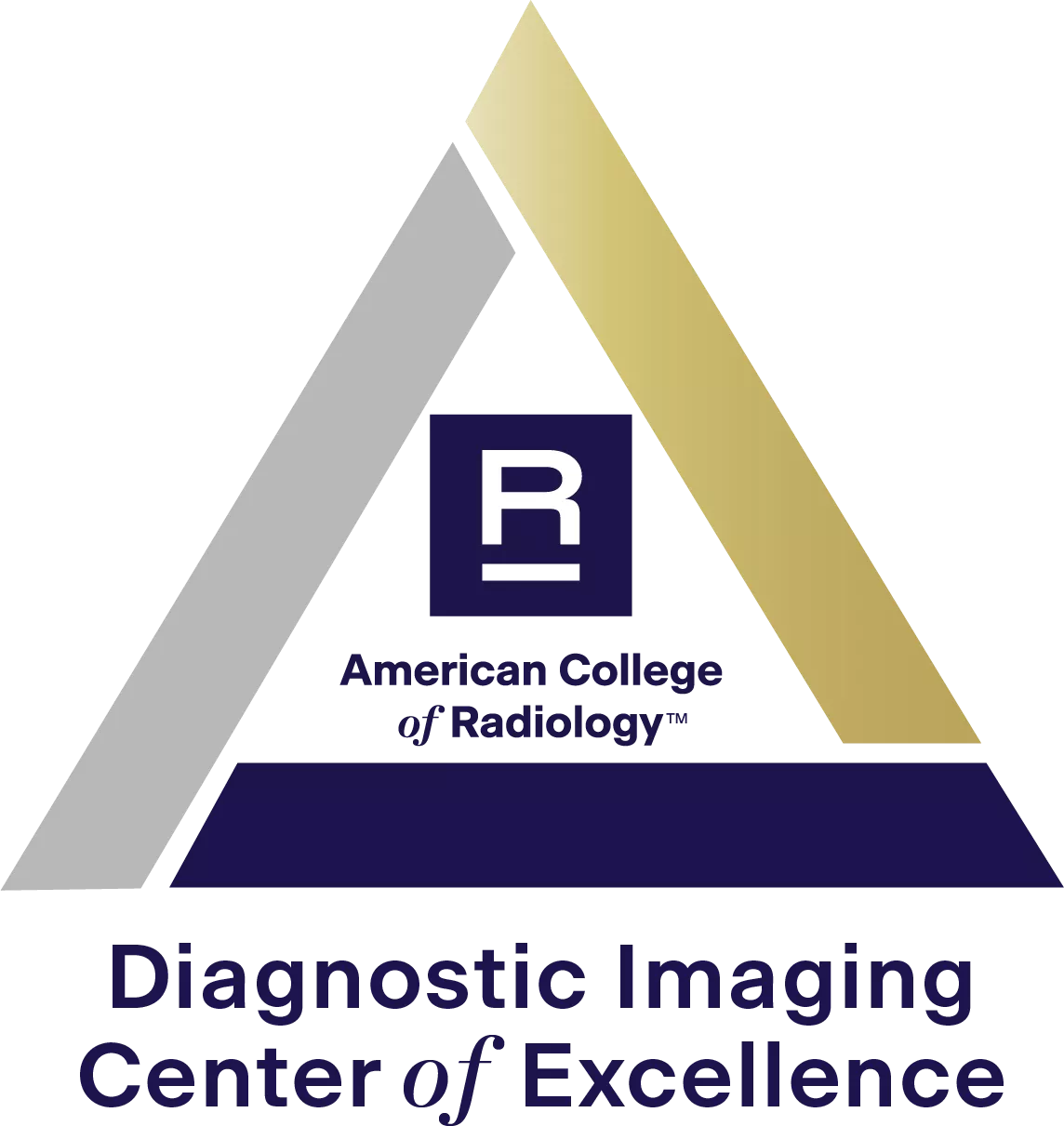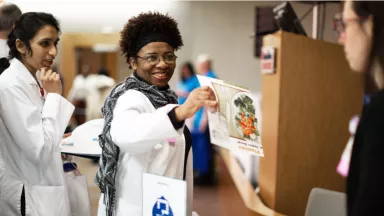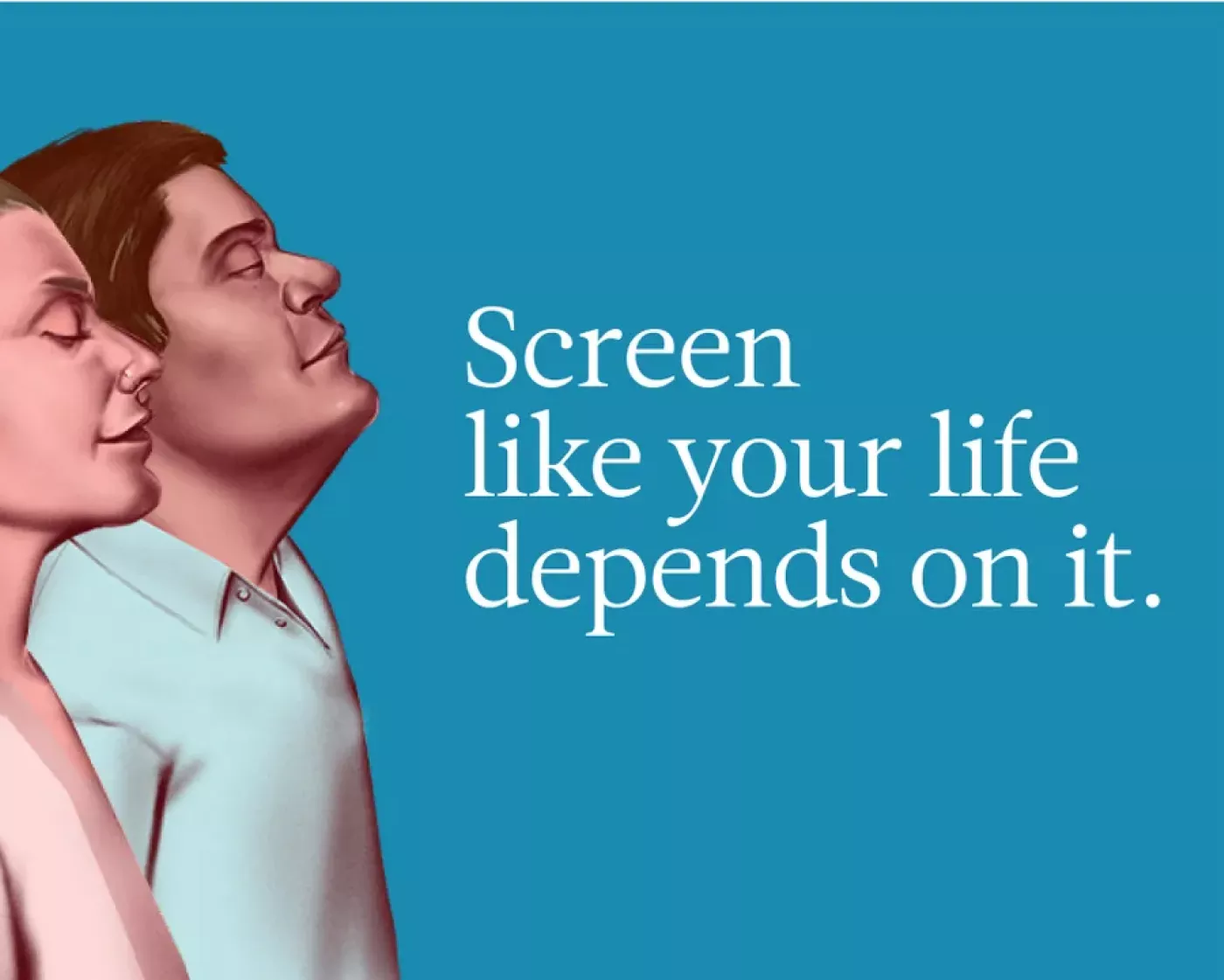Stay informed about your colorectal health.





The more you know about colorectal cancer, the more likely you are to remain disease-free. After all, your colon plays an essential role in the digestive system—processing and preparing waste products for elimination—so building awareness and staying informed about the importance of your colon is the best way to keep it ‘rollin’ for a lifetime. We're ranked in the top 1% of all hospitals in the nation for cancer care according to U.S. News & World Report. Get started with the resources below, focused on colorectal cancer risk factors, symptoms and prevention tips.
Time for you to get tested for colon cancer?

5 Things You Can Do to Reduce Colorectal Cancer Risk
It can be hard to predict if or when colorectal cancer will develop, but combined with regular screenings after the age of 45, there are easy and effective ways to reduce your risk. Learn how even a few small changes to your diet and lifestyle can make a big difference in your long-term colon health.
Get The Facts With
Informative Videos
Watch as Caroline Bernabe Ramirez, MD, Medical Gastrointestinal Oncologist, Montefiore Einstein Comprehensive Cancer Center and Assistant Professor, Albert Einstein College of Medicine, explains the “what’s and whys” of colorectal cancer screening and prevention—from diet and age-related risk factors to the latest in virtual detection techniques.
Three Reasons to Get a Colonoscopy
Discover the top three reasons everyone over the age of 45 should get tested for colorectal cancer.
Risk factors for Colorectal Cancer
Learn the modifiable and non-modifiable factors that may increase your risk for colorectal cancer.
Screening Options for Colorectal Cancer
See the latest advancements in colorectal screening techniques, including new non-invasive options.
How to Keep Your Colon Healthy
Learn why a healthy diet and regular exercise can help prevent colorectal cancer development.
Articles
Schedule a Screening Appointment
Call 718-920-7183 or click on the button below to schedule your appointment and decide which screening option is right for you. Early screening saves lives.






